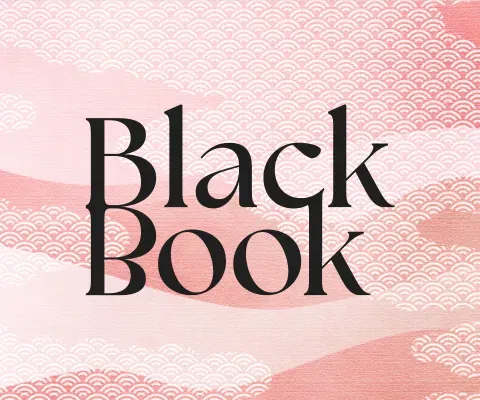Chargebacks and Section 75 claims: Everything travel sellers need to know
Login to read this content
On your first login to our new website you will be sent a link to access your account. In your account page you need to tell the new site what your password is (you don't need to change it).
If you've never created an account you can register for free here and get full access.
Still not working? Please contact support@ttgmedia.com













